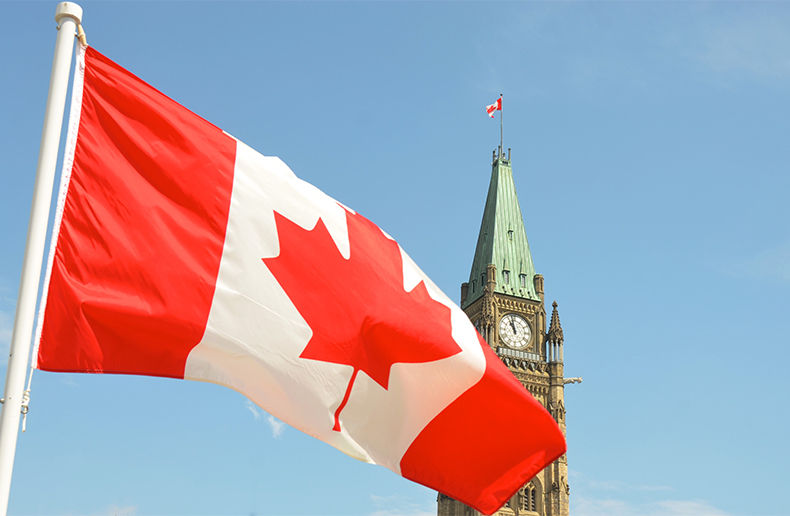The Government of Canada announced March 4 that Budget 2024 will be unveiled April 16, 2024. In the weeks leading up to this announcement, industry associations have been busy stating their respective cases for changes that could occur.
Among them, the Canadian Life & Health Insurance Association (CLHIA) and the Conference for Advanced Life Underwriting (CALU) have drafted submissions, advocating for Income Tax Act changes and for the government to see the industry as an investing partner in sustainable infrastructure projects.
The industry is also calling for the expeditious passing of updated privacy legislation and for a review of the additional taxes being imposed on financial institutions, including insurance companies, which aren’t being applied in other sectors.
Family businesses caught in limbo
CALU’s submission highlights the plight of family businesses caught in limbo over proposed Income Tax Act changes which impact the ability of family businesses to be passed on to the next generation. “We hope there is time to reconsider this change before the passage of this legislation,” they write about the passage of Bill C-59 which included final legislation governing the intergenerational transfer of shares in small business.
The submission also calls for the government to closely monitor the declining numbers of those who are self-employed and asks for a number of changes to registered account rules. Among their recommendations, CALU asks the government to allow unused registered retirement savings plan (RRSP) contribution room to be annually indexed, and permit RRSP contributions to continue past age 71.
They also ask for the minimum payout formula to allow more funds to remain tax-sheltered over a registered retirement income fund (RRIF) account holder’s lifetime and defer or remove the requirement to convert an RRSP to a RRIF at age 75.
Additionally, they request that the government “make more publicly transparent the factors used to establish the RRIF minimum payment formula and establish a regular process for reviewing the RRIF minimum payout formula to ensure it continues to meet the income needs of older retirees.”
The CLHIA, meanwhile, is asking the government to move ahead with Bill C-27, which includes a new legislative privacy framework, as quickly as possible.
Data-driven economy
“It is important that the updated legal framework reflect the growing data-driven economy and new ways of protecting personal information. Furthermore, in the absence of a modernized federal framework, there is potential for additional provinces to adopt their own frameworks, adding to a fragmented privacy regime across the country,” they write.
They add if sections of the bill related to artificial intelligence (AI) are holding up privacy-focused sections of the bill, these should be separated from Bill C-27 so the agreed-upon parts of the legislation can be passed.
The association then repeats its call for the government to leverage the industry’s’ investment capacity to include insurers in sustainable and resilience-building infrastructure projects.
It also repeats calls for the government to allow stand-alone variable payment life annuities (VPLAs) and decumulation only pooled registered pension plans (PRPPs) to pool participants from all registered retirement plans, including RRSPs and RRIFs. Additionally, they ask for the liquidity requirements in tax free savings accounts (TFSAs) be waived to allow Canadians to hold life annuities in these accounts.
Taxes levied against financial institutions
Most notably, however, the association concludes with a request that the government reconsider taxes being levied against financial institutions, announced in the 2023 and 2022 federal budgets. “Denying dividend received deductions (DRDs) on shares held by life insurers is unwarranted and will hurt Canadians through reduced death benefits or higher premiums,” they write.
Additionally, beginning in 2023, the government began taxing the contractual service margin (CSM) of life insurers immediately, instead of over the term of the contract. “Taxing projected future profits is fundamentally unfair and inconsistent with the tax principles applied to all other taxpayers which seek to align the tax payable to the period when income is actually earned. We believe that Canada is the only country to levy a tax on the projected future profits of insurance companies,” they write.
Two-tier corporate tax system
They also call out the 2022 federal budget’s measure to charge a 1.5 per cent tax on income over $100-million earned by Canadian banks and insurers. This, they say, has created a sector-specific two-tier corporate tax system in Canada.
“We believe this higher corporate tax on banks and insurers is unfair, inequitable and is not good tax policy,” they write.
“Profits made by corporations should be taxed at the same rate as profit from any other business, whether that be oil and gas, grocery chains, pharmaceuticals, telecommunications or big box retail chains. The government’s rationale for continuing to impose a heavier tax burden on life and health insurance companies considering the vital financial services we provide to Canadians, especially in uncertain economic times, is not a good policy.”







